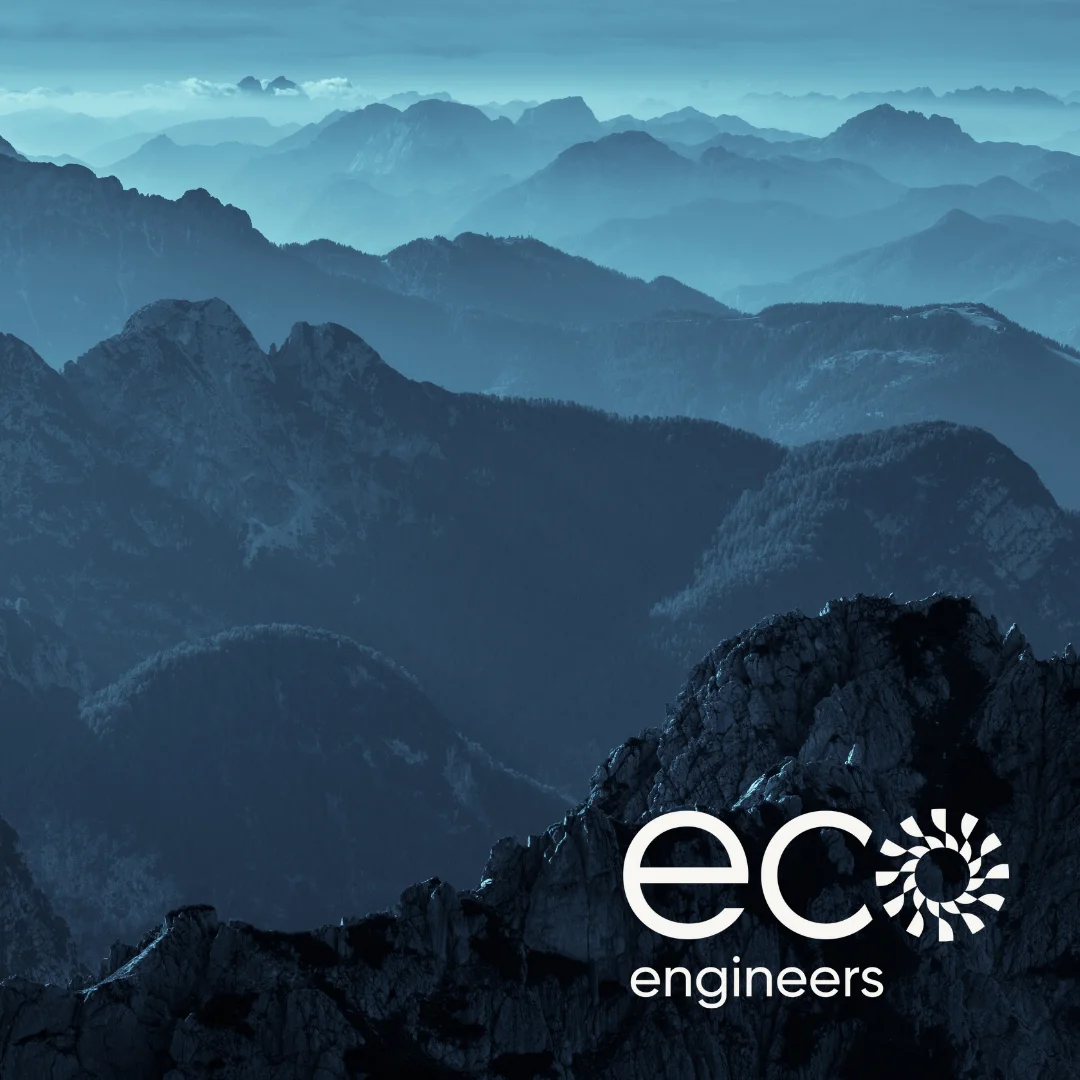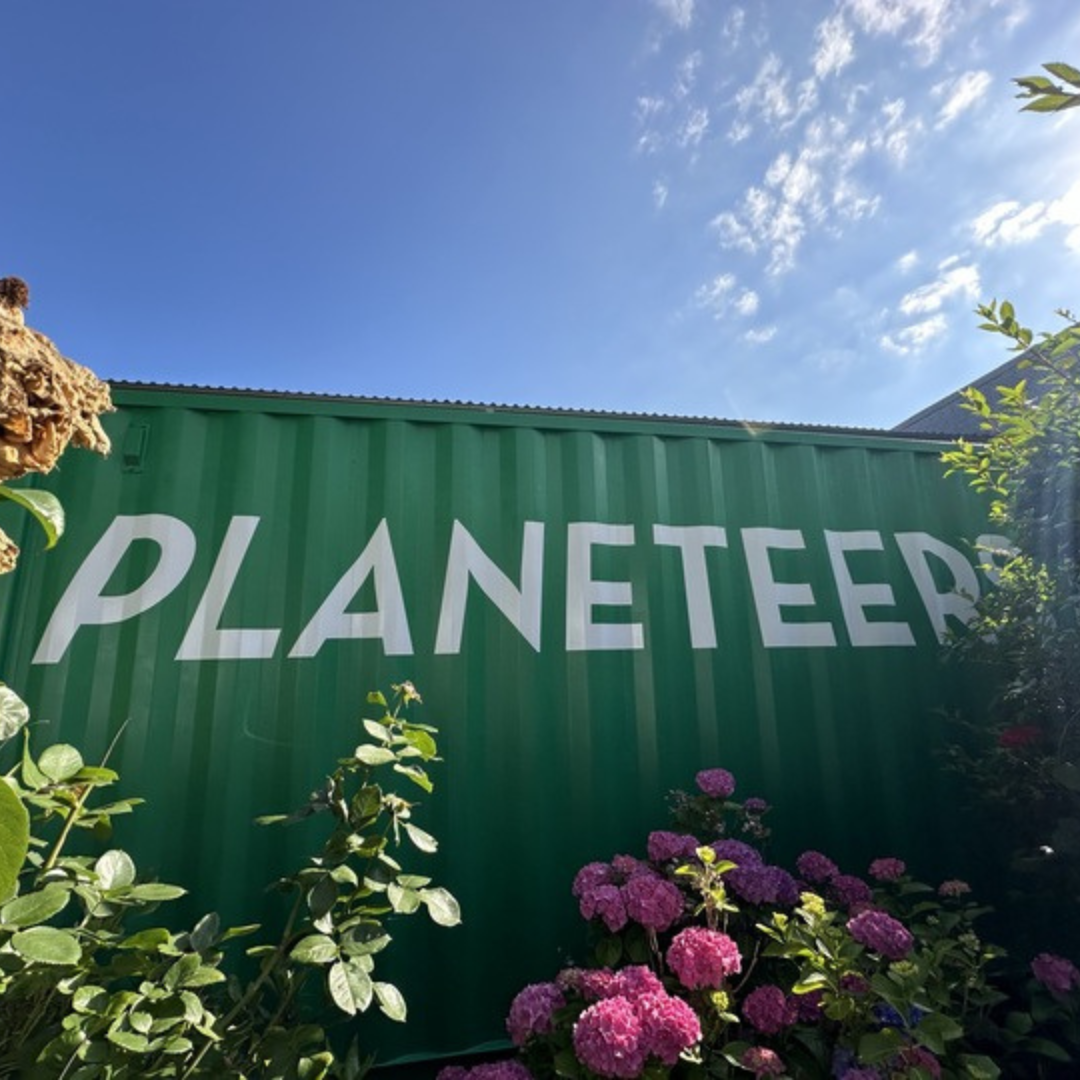Today’s interview is with David LaGreca, Managing Director of Carbon Markets, EcoEngineers
Background
Can you tell me more about your background?
David LaGreca -
My background is primarily in the voluntary carbon market (VCM), where I've spent the past eight years. I've worked as a validator and verifier on various CDR projects across the Western Hemisphere, covering most voluntary registries. These projects have ranged from mangroves and direct air capture (DAC) to landfill gas and oil and gas. The CDR market has provided me with opportunities to travel and explore diverse methods of decarbonization. Having conducted more than 100 audits in my previous roles, I've gained valuable insights that have helped me consult effectively and avoid pitfalls in creating viable businesses based on novel CDR technologies, despite the high degree of uncertainty. As an avid outdoors person, growing up hiking and mountaineering with my family in the Rocky Mountains, I believe that has defined my purpose and drawn me towards a career in which I can help preserve those places that may be impacted by climate change.
Who is EcoEngineers, and what was the inspiration that led to its creation?
David LaGreca –
EcoEngineers is a consulting, auditing, and advisory firm recently acquired by leading global assurance partner LRQA with an exclusive focus on the energy transition and decarbonization. LRQA provides clients with deep expertise in assessment, advisory, inspection, and cybersecurity services. Operating in more than 150 countries with a team of more than 5,000 people, LRQA’s award-winning compliance, supply chain, cybersecurity, and ESG specialists help more than 61,000 clients across almost every sector to anticipate, mitigate, and manage risk wherever they operate.
EcoEngineers ventured into the VCM due to its increasing adjacency to regulated and compliance markets. Recognizing the need for VCM services, the company expanded its offerings to include CDR services and developed many of the first CDR methodologies. The company’s extensive knowledge in science, methodologies, markets, and audits has led us to be leading advisors in the CDR sector.
Inspiration
What led you to your current role at EcoEngineers, and how does your professional work align with your personal beliefs and values of reducing the effects of climate change?
David LaGreca –
Coming from the world of audit, I recognized the potential for companies needing skilled advice to get their CDR projects off the ground. There is an exceptional opportunity to utilize fresh concepts in decarbonization, and the only way I could make that happen is through advisory services. When EcoEngineers approached me for a job, I pitched the VCM program and have since leveraged their exceptional in-house expertise to grow an outstanding team.
CDR Technologies
What role do you see in novel, hybrid CDR technologies and techniques like direct air capture (DAC) with afforestation, biomass with carbon capture and storage (BECCS), or ocean-based CDR with enhanced weathering in achieving net-zero emission goals?
David LaGreca –
We have done consulting work on a wide range of CDR technologies. Each of these technologies is just one of the pathways to undo all the damage caused by the effects of climate change. We have to focus on driving down emissions today in industrial sectors, but these promising solutions will only help bring us back to where we used to be. That’s why we need all the tools in the CDR toolkit. DAC, along with afforestation, BECCS, and soils-based approaches, like enhanced weathering, each tackle the problem differently, in different environments, with different and unique strengths. No single solution is going to cut it. The challenge is too big and too urgent to put our eggs in one basket.
Importance of MRV
Given that data is paramount for monitoring, reporting, and verification (MRV), how is EcoEngineers supporting clients in ensuring the integrity and transparency of their data when quantifying the carbon footprint of CDR projects?
David LaGreca –
Carbon markets only succeed when the data is verifiable—that means the data must back up the claims. We take a risk-based approach to developing our crediting methodologies and the compliance documents for carbon credits and align those approaches with an understanding of the science that we glean for each project. This knowledge is utilized to confirm that the stated values are in no way misrepresented. The mix of people on our team is what makes this possible, ranging from Ph.D.s, geophysicists, scientists, and practitioners in life-cycle analysis (LCA), and Intergovernmental Panel on Climate Change (IPCC) experts in energy and land management. We possess a wide spectrum of in-house expertise in how CDR systems interact with the mechanisms of the markets. Given that our clients know more about their businesses than we do, in many cases, we leverage their understanding of their unique processes to build a viable and verifiable framework for carbon crediting.
Carbon Credit Impacts
How can organizations effectively navigate the complexity of selecting high-quality carbon credits for their sustainability or net-zero goals?
David LaGreca -
It’s important to work with reputable, high-integrity third parties. In particular, you have to ensure that credits and projects are reviewed by competent auditors. With competent auditing comes trust in the integrity of credits; buyers then enter the market with a high degree of confidence. Building confidence in carbon credits has morphed into a process involving more than just a single validation body and now includes multiple levels of diligence for many companies in carbon credit purchases. What it comes down to is finding a level of comfort that the claim can be supported by the project. This does not need to be a 12-step process and could be refined by re-establishing the prominence of diligent MRV in the methodology and project verification phases.
In all the CDR projects that come through us, we try to bring certainty that the projects fill the gaps between science and the markets. We use our experience to implement best practices for all aspects of project design. For novel project categories that don’t yet have established best practices, we apply our overarching industry knowledge and rigorous standards to develop high-integrity methodologies.
About the Expert
David LaGreca is the Managing Director of Carbon Markets at EcoEngineers, with expertise in all major GHG programs across the Americas. Mr. LaGreca has brought projects through every phase, from conception through financing, methodology development, project registration, and verification. He has worked on hundreds of diverse projects, including reforestation, energy, methane abatement, blue carbon, and novel carbon removal technologies. He has developed and audited GHG inventories for communities, companies, and governments. Mr. LaGreca works to strategically align projects with markets to make decarbonization a viable business.
For more information about how EcoEngineers can help you navigate the CDR market and set your company or organization up for success, contact:
David LaGreca, Managing Director, VCM | dlagreca@ecoengineers.us
About EcoEngineers
EcoEngineers, an LRQA company, is a consulting, auditing, and advisory firm with an exclusive focus on energy transition and decarbonization. From innovation to impact, EcoEngineers helps its clients navigate the disruption caused by carbon emissions and climate change. Its team of engineers, scientists, auditors, consultants, and researchers live and work at the intersection of low-carbon fuel policy, innovative technologies, and the carbon marketplace. For more information, visit www.ecoengineers.us.


.avif)


.png)
.webp)